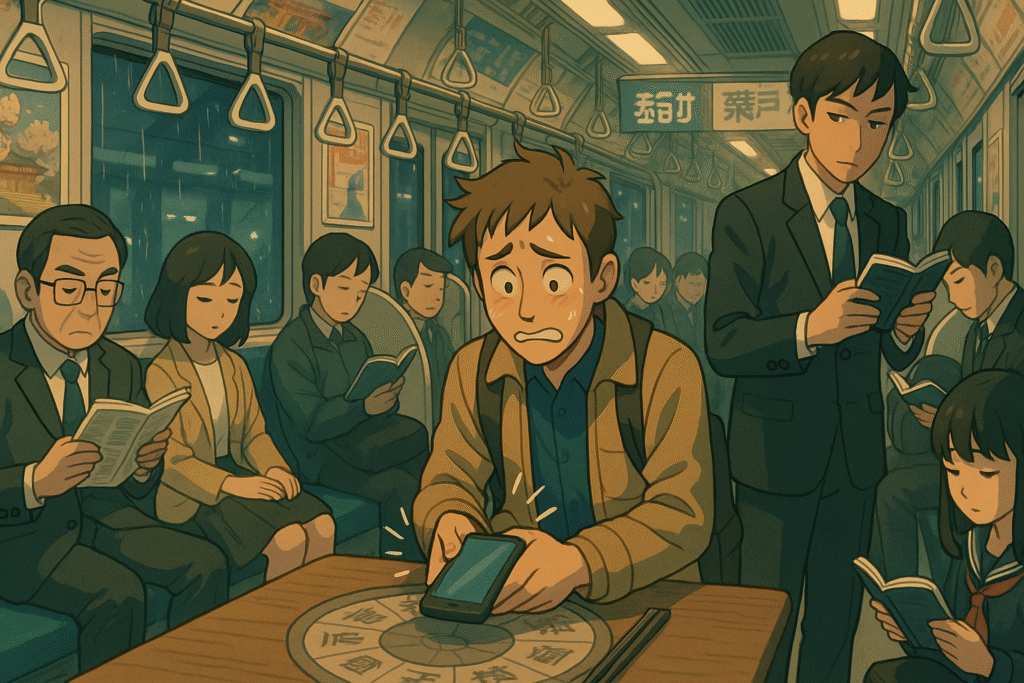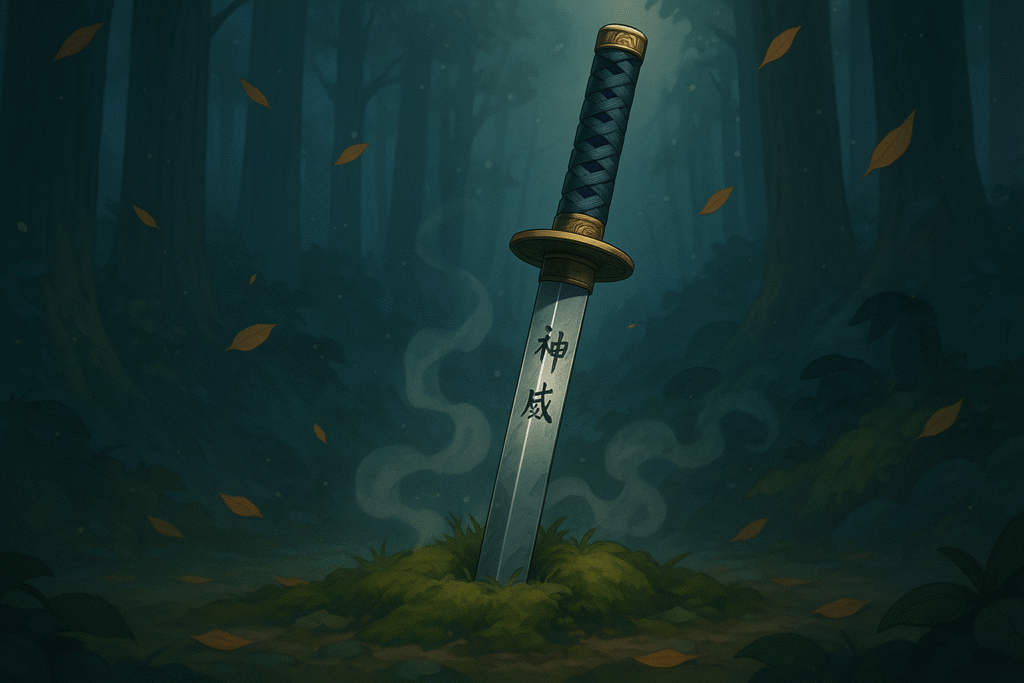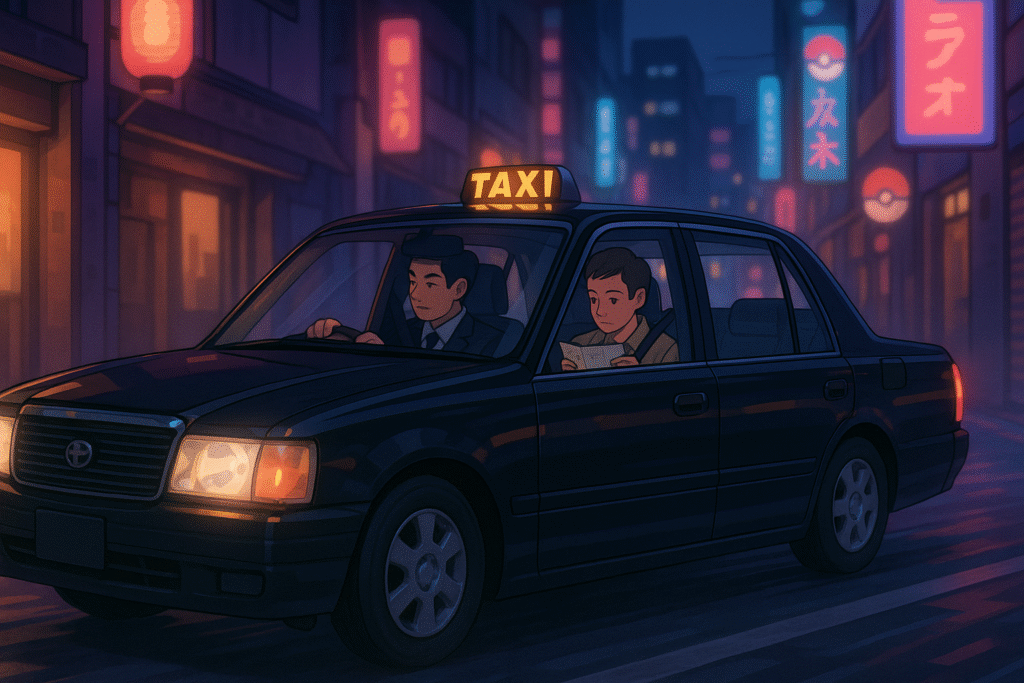Have you ever watched an anime that made you question your own moral compass? The kind that keeps you awake at night, contemplating what you would do if placed in the protagonist’s shoes? For many anime fans, Death Note presents exactly this type of moral quandary. The concept of finding a Death Note IRL (in real life) is both terrifying and fascinating—a thought experiment that reveals much about our ethical boundaries and personal values.
Today, we’re diving into this compelling question: If you encountered a Death Note IRL, what would you do with it? This isn’t just hypothetical entertainment—it’s a window into human psychology, ethics, and the intoxicating nature of power.
Want to explore Japan’s culture?
Discover Japan’s rich culture, traditions, and hidden gems with our expertly crafted guides. Get insider tips on travel, food, and history. All for free!
What Makes Death Note So Compelling in Reality?
Before we explore the ethical implications of a Death Note IRL scenario, let’s quickly refresh our understanding of this notorious notebook:
The Core Rules of the Death Note
- Name Writing Causes Death – Writing someone’s name in the notebook causes their death
- Face Visualization Required – You must picture the person’s face while writing their name
- Death Method Specification – If specified within 40 seconds, the person dies as described
- Default Death: Heart Attack – Without specification, the person dies of cardiac arrest
- Time Window for Details – You have 6 minutes and 40 seconds to write specific death details
These rules create a framework that’s deceptively simple yet morally complex—perfect for exploring ethical dilemmas in a real-world context.
The Death Note IRL Ethical Spectrum
When considering a Death Note IRL scenario, people typically fall somewhere on this ethical spectrum:
The Immediate Rejecters
Some would refuse to touch the notebook altogether, believing:
- No human should have such power
- The temptation is too dangerous
- The moral burden would be unbearable
As one reader commented: “I wouldn’t touch it. That kind of power corrupts absolutely, and I know myself well enough to know I couldn’t handle that responsibility.”
The Justice Seekers
These individuals might use the Death Note IRL selectively:
- Only for undeniably dangerous individuals
- When the justice system has failed
- With extremely careful consideration
This position reflects Light Yagami’s initial motivation, though we all know how quickly that moral stance deteriorated in the anime.
The Power Experimenters
Some would test the notebook’s capabilities:
- Use it once to verify it works
- Target someone already sentenced to death
- Destroy it after confirming its power
This pragmatic approach acknowledges curiosity while recognizing the danger.
The Psychological Impact of Death Note IRL Power
What makes the Death Note IRL question so fascinating is how it reveals our psychological relationship with power.
The Corrupting Influence
Power fundamentally changes people—often in ways they don’t anticipate. Research in social psychology consistently shows that power:
- Reduces empathy
- Increases self-focused thinking
- Leads to overconfidence in decision-making
When we imagine having a Death Note IRL, we’re essentially asking: “Would I be immune to power’s corrupting influence?”
Emotional Decision-Making
As the original post wisely points out, “Humans can be emotionally-driven creatures.” Consider:
- Would you write someone’s name during an intense argument?
- What about the driver who cut you off dangerously?
- The internet troll who harassed you persistently?
The line between justice and vengeance blurs quickly with emotions involved.
Love Japan? Stay in the Loop!
Get the best of Japan straight to your inbox: language, culture & travel insights!
Cultural Connections: Death Notes and Japanese Concepts
The Death Note concept connects interestingly with traditional Japanese ideas about writing and fate:
絵馬 (Ema) Tradition
In Japanese culture, people write wishes on wooden plaques called ema (絵馬):
- These are hung at shrines
- They represent desires for the future
- They’re a form of communicating with spiritual forces
The Death Note inverts this positive tradition into something darker—writing that determines death rather than good fortune.
For those interested in learning more about cultural aspects of Japanese communication, our article on saying “how are you” in Japanese explores how everyday phrases reflect deeper cultural values.
What Would You Do With a Death Note IRL?
Now for the central question: What would you do if confronted with a Death Note in real life?
My Personal Reflection
If I found a Death Note IRL, my response would likely mirror what many feel—initial curiosity followed by caution. I might:
- Secure it somewhere safe
- Research extensively before making any decision
- Consider testing it once on someone who has caused widespread suffering
- Most likely destroy it after confirming its power
The responsibility would be too great, the potential for misuse too high, and the moral burden too heavy to justify keeping it.
Alternative Ways to Channel “Death Note” Fascination
If you’re captivated by Death Note but (wisely) don’t want a Death Note IRL, there are healthier ways to engage with the series:
- Learn Japanese through anime like Death Note—our guide on learning Japanese through anime on Netflix offers practical tips
- Explore similar ethical anime that challenge your moral thinking
- Join discussion groups that debate the philosophical aspects of series like Death Note
Q&A: Death Note IRL Curiosities
Q: Would a Death Note work in real life? A: No, Death Notes are fictional supernatural items that don’t exist in reality.
Q: What would most people do with a Death Note in real life? A: Studies on moral psychology suggest most people would either refuse to use it or limit its use to extreme cases involving dangerous criminals.
Q: Is it normal to think about what you’d do with a Death Note? A: Yes, engaging in thought experiments about moral dilemmas is completely normal and healthy psychological exercise.
Q: What does interest in Death Note say about someone? A: Interest in Death Note reflects curiosity about moral boundaries and power dynamics rather than any concerning psychological traits.
Final Thoughts: The Ultimate Test of Character
The Death Note IRL thought experiment is ultimately about character—who we are when given power without accountability. While none of us will ever find a supernatural notebook, we face smaller versions of this moral test daily: how we treat others when we have advantage, how we use the information we possess, and how we wield the influence we’ve earned.
For those interested in exploring more Japanese cultural concepts through language learning, check out our free resources page with comprehensive guides on everything from anime-inspired language learning to cultural nuances in Japanese communication.
What would you do if you found a Death Note IRL? Share your thoughts in the comments—your answer might reveal more about your values than you realize!
Want to explore more connections between anime and Japanese learning? Our article on learning Japanese online through anime and manga provides practical strategies for turning your entertainment into educational opportunities.
Join Fellow Japan Enthousiasts!
Ask questions, get study tips, and take part in weekly challenges. Join a community of motivated learners exploring both the language and culture of Japan!




